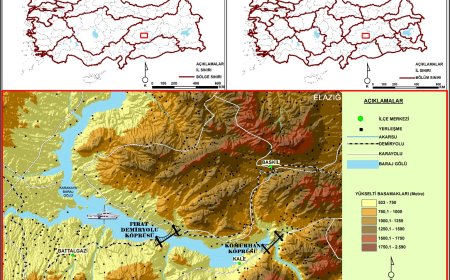Analysis of Barriers to Sustainable Tourism Development with Interpretive Structural Modelling and Fuzzy PIPRECIA
This research aims to identify the barriers to sustainable tourism (ST) development, model the interrelationships between these barriers, and rank them in order of importance. The ST barriers were modelled and clustered using ISM (Interpretive Structural Modelling) and MICMAC (Matriced' Impacts Croise's Multiplication Applique'e a' un Classement), and their ordering was determined using the fuzzy PIPRECIA (PIvot Pairwise RElative Criteria Importance Assessment) technique. For this purpose, a new model integrating ISM, MICMAC, and fuzzy PIPRECIA methods was proposed for the first time in the literature to model and analyse the barriers to ST development. This proposed model was applied as a case study in Güzelyurt (Aksaray-Türkiye), an important tourism region of Cappadocia. According to the results, infrastructural and superstructure deficiencies, a focus on economic gain, a lack of cooperation and coordination among the stakeholders, the inability to provide economic benefits, the lack of a holistic planning approach, and a lack of sustainable tourism management practises were the most important barriers to sustainable tourism. It is thought that the findings and the proposed methodological framework will contribute to the ST research literature in a theoretical context. In practical terms, it is believed to indirectly contribute to possible ST planning and management in the Güzelyurt district.

Ayrıntılar
| Birincil Dil | İngilizce |
|---|---|
| Konular | Ekoloji, Sürdürülebilirlik ve Enerji |
| Bölüm | Araştırma Makalesi |
| Yazarlar | |
| Yayımlanma Tarihi | 20 Aralık 2024 |
| Gönderilme Tarihi | 21 Ekim 2024 |
| Kabul Tarihi | 7 Aralık 2024 |
| Yayımlandığı Sayı | Yıl 2024 Cilt: 2 Sayı: 2 |



















